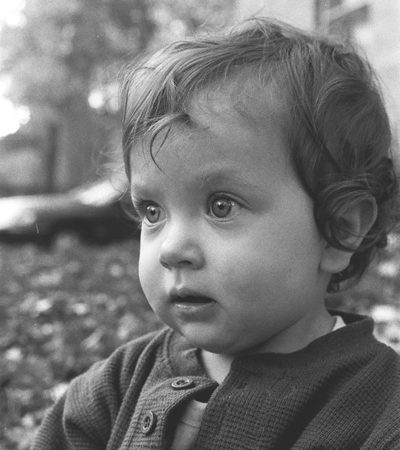by Jon Caldara
A few weeks ago an 11-year-old boy in Belgium, with the assistance of doctors, committed suicide. The terminally ill in that country can seek help in ending their lives, even children, assuming parental consent.
There is something grotesque and sinister about a government blessing this kind of perversion. It’s fair to ask if there could be a better sign of moral decay. I don’t fault fellow conservatives being concerned about assisted suicide coming to Colorado.
But the Belgium story hit me like a shot. It’s unimaginable to me that my daughter, Parker, would be turning 16 soon. She was my only child at the time. Funny, I was so afraid of being a father I put it off until later in life. I was an idiot. Parker filled me with love, purpose and joy like I have never known. Everything in my life until that point became instantly trivial.
ADVERTISING
inRead invented by Teads
Just weeks before her first birthday she became sick and wouldn’t stop vomiting. What the doctors thought was a nasty virus turned out to be a brain tumor. And what caused the brain tumor turned out to be a rare, insidious, incurable form of cancer.
As my girl’s head swelled with fluid, she writhed in pain. Doctors punctured her perfect little body with wires and tubes to pump chemicals into her, and more tubes to drain liquids out of her.
I consider myself pretty fearless in my professional life, never backing away from something ugly. But holding my little girl while she was scared, confused and in pain and discomfort — this was terror.
I remember the way her tender, deep blue eyes, filled with fright, stared into mine as if saying, “Why won’t you make them stop daddy? Why?”
I never realized what it truly meant to be powerless, until then.
Parker died, missing her first birthday by a few days. And all I could do was watch.
I felt I failed as a parent. I failed to keep her safe and healthy — a father’s primary duty. I failed to keep her from a hurt that could only end with death.
If I had to live through that torture again I might, might, choose to take my daughter’s life to end her pain, because I love her so much more than I love myself.
I would gladly spend eternity in hell in exchange for releasing my child from such suffering. The possible life prison sentence in this world would be an earthly bargain price to pay.
Since in Colorado I couldn’t ask doctors for the drugs that could most effectively and painlessly end Parker’s life with dignity, I would likely have to use some brutal or uncertain tactic. The thought of defiling her beautiful tiny body with gunfire or some other assault brings horror to a repugnant, evil level. Forcing her to suffocate is antithetical to the beauty of her life.
But if I made the decision to release her before the cancer killed her more slowly and painfully, there’d be few other options, and certainly nowhere to go for help.
There would be more professional help and support if I wanted to put down the family dog.
Moral decay?
I doubt policy makers and voters can influence God’s treatment of those souls who take their own terminally ill lives, but they can decide the earthly treatment of those who assist the dying after they made such a decision. Do those of us who believe in free will really have the courage of our conviction?
I was pulled back to the world of the living when my second daughter, Piper, came to save me. Two years later the frat brother I never had arrived to fill my life even more. But my son, Chance, has Down Syndrome and has already been through 14 surgeries big and small.
I work to give him the longest, best life possible. But my mind does wander. What if I have to face that again?
This article originally appeared in the Denver Post on October 15, 2016.








